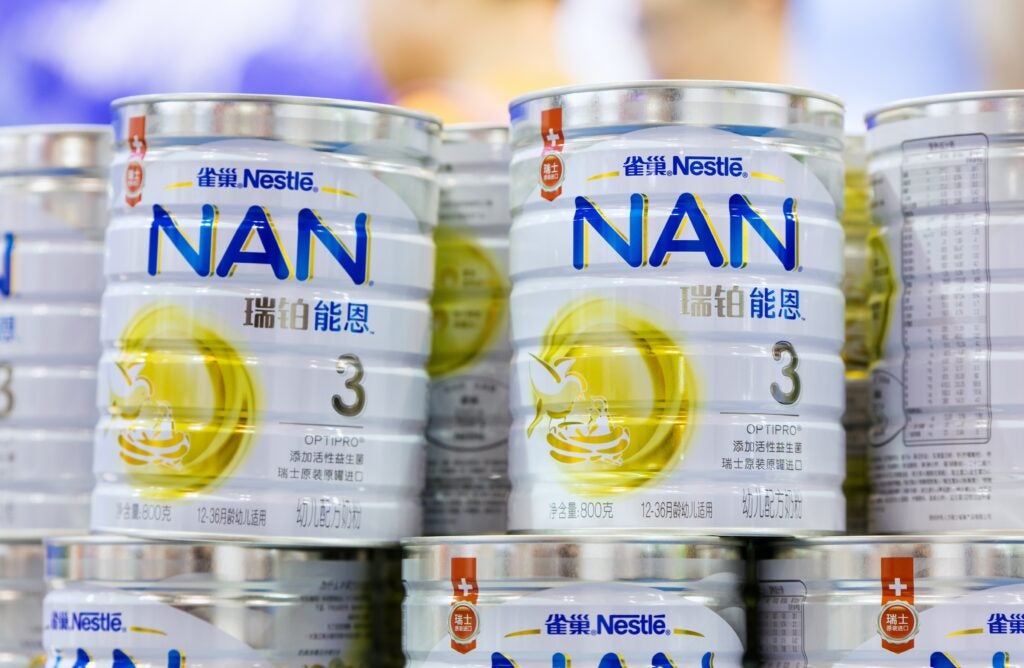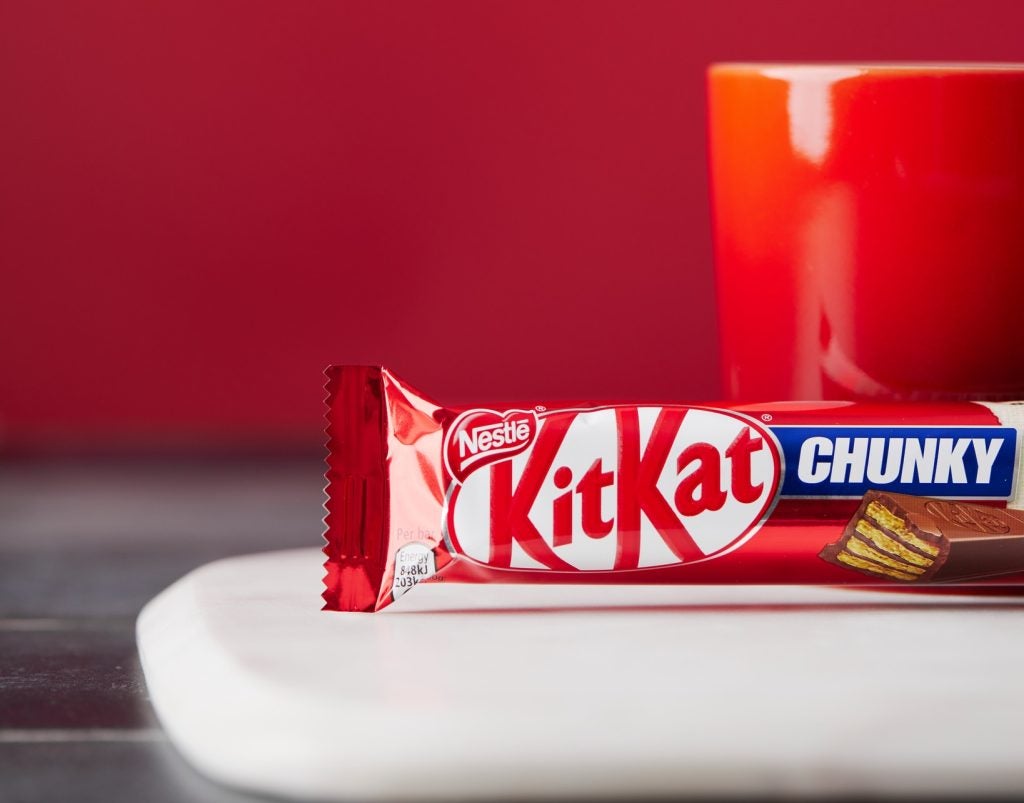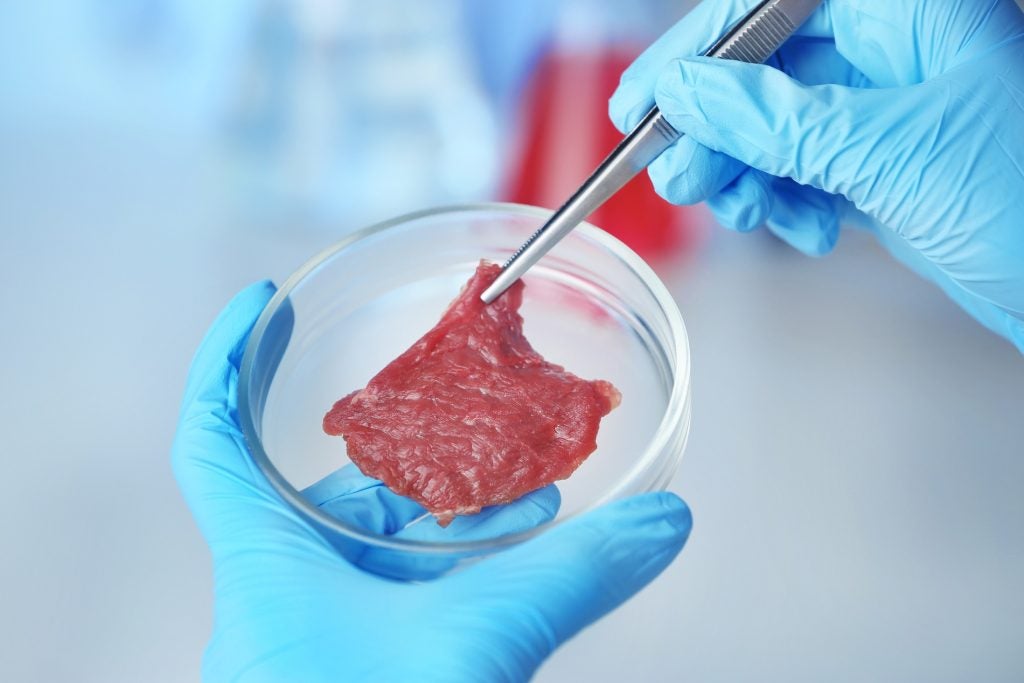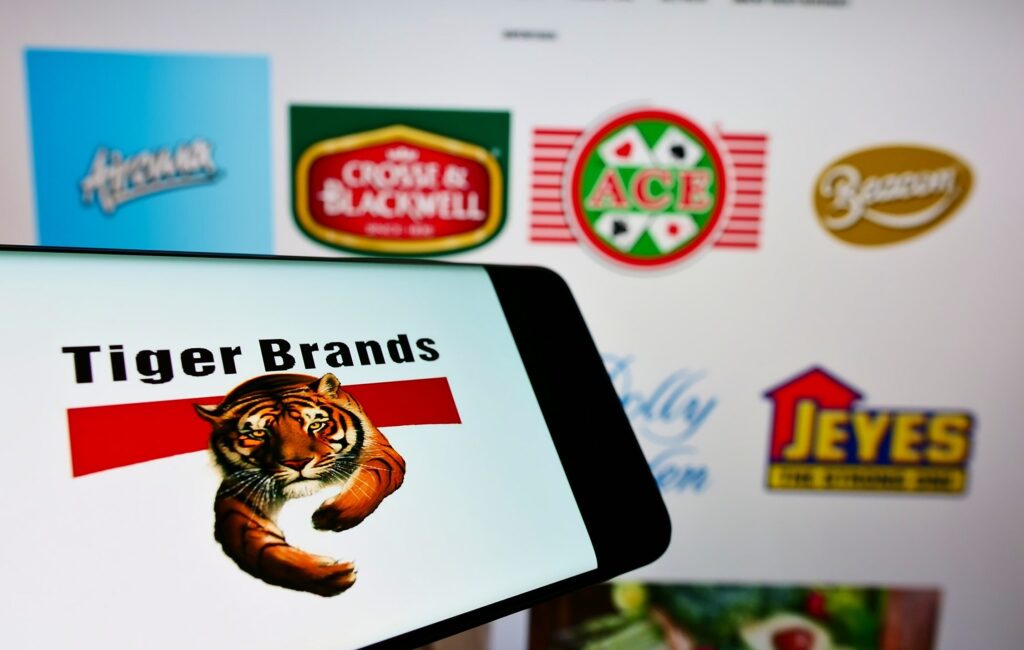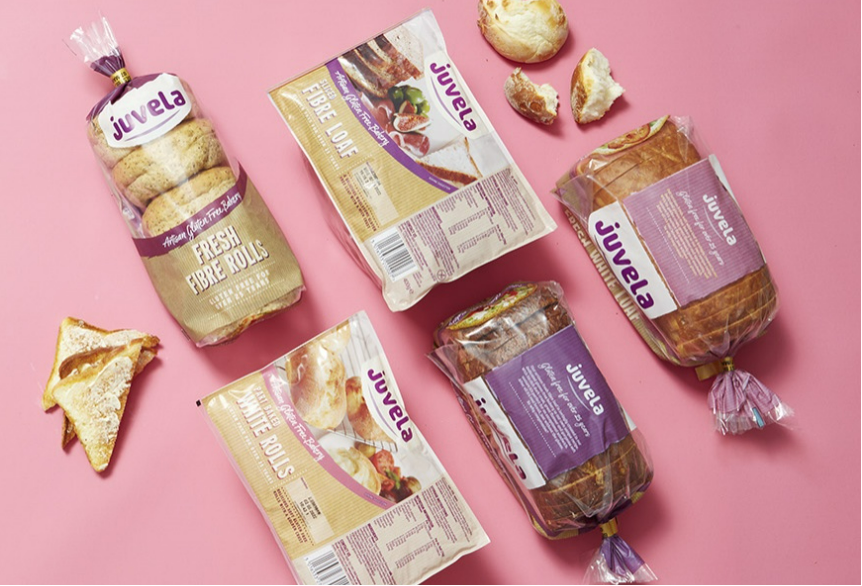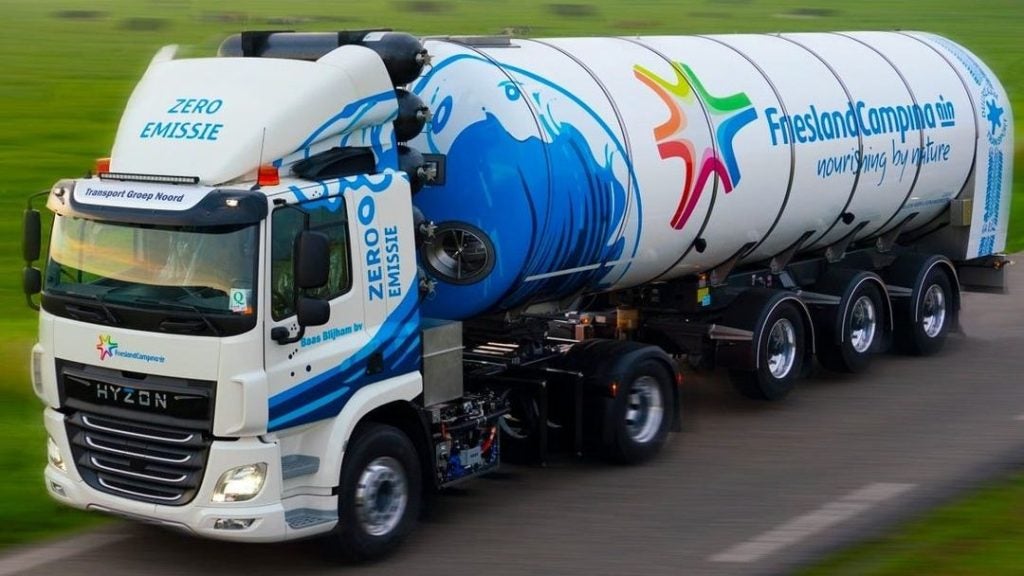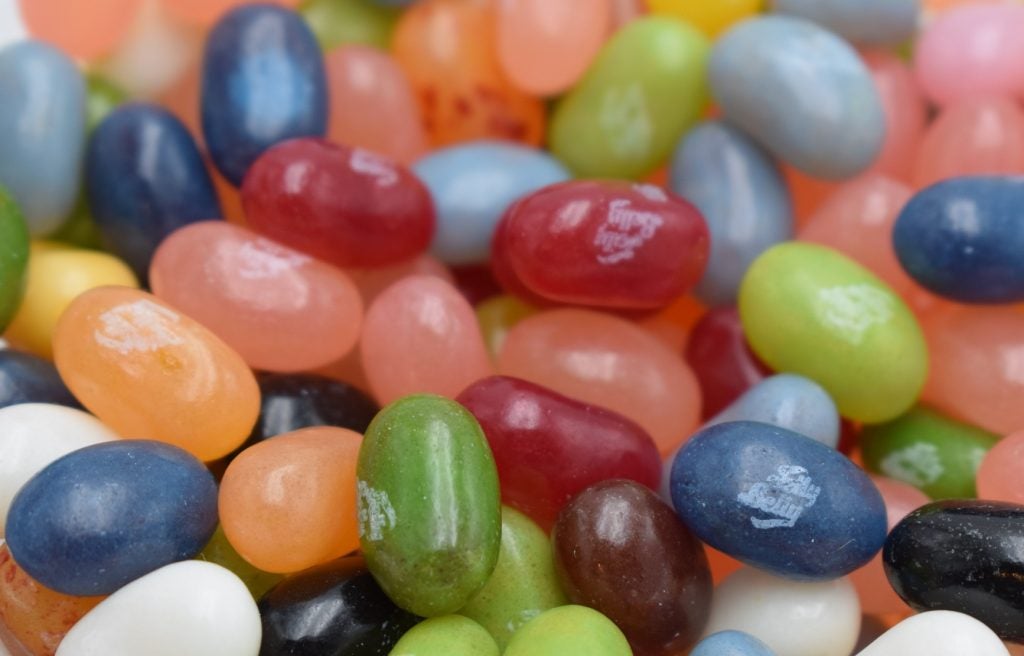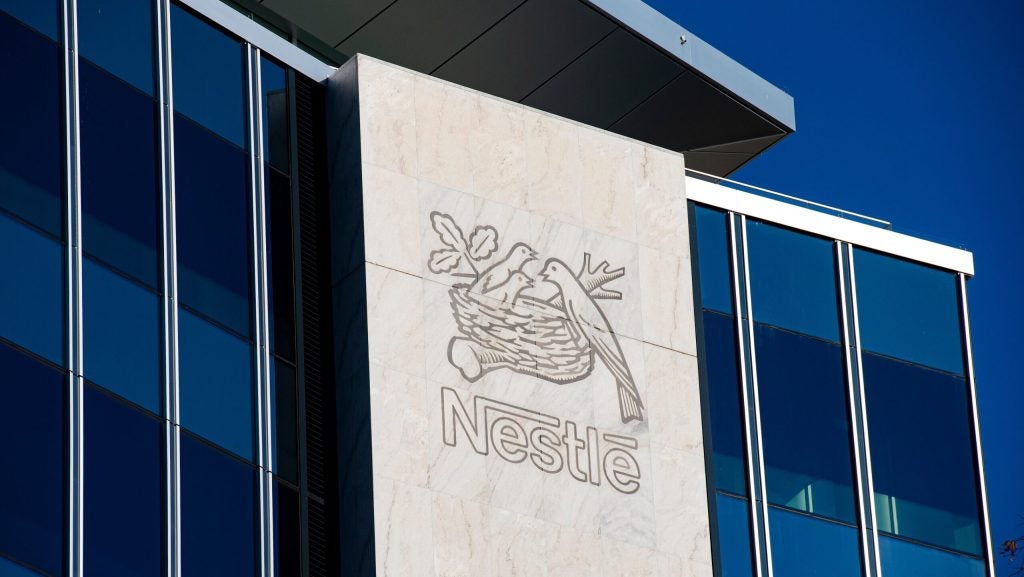Nestlé has set out plans to close an infant formula factory in Ireland, pointing to the falling birth rate in China.
The plant, located in Askeaton in western Ireland, is lined up to shut by the first quarter of 2026.
There is also an R&D centre at the site and, under Nestlé’s plans, that will be closed by the first quarter of 2025.
Nestlé said “approximately” 542 employees are at risk of redundancy. The factory employs 491 workers and the R&D facility has 51 staff members.
The Swiss giant said it had been unable to find a buyer and would start a consultation process.
“In parallel, during this consultation, we remain open to approaches from a credible buyer,” Nestlé said.
Operating as Wyeth Nutritionals Ireland Ltd (WNIL), the factory manufactures infant formula products for markets in Greater China and Asia.
“External trends have significantly impacted demand for infant nutrition products in the Greater China region. The number of newborn babies in China has declined sharply from some 18m per year in 2016 to fewer than 9m projected in 2023. The market, which had previously been reliant on imported infant formula products, is also seeing rapid growth in locally-produced products,” Nestlé said.
Nestlé is planning to transfer production to two existing factories – one in Suzhou in China and another in Konolfingen in Switzerland.
Nestlé has proposed the R&D work at Askeaton would move to the Konolfingen site. A satellite R&D centre in Shanghai would be “strengthened”, it added.
The Ireland factory and R&D centre were part of Nestlé’s acquisition of Pfizer Nutrition for $11.85bn in 2012.
Nestlé today (19 October) booked its sales for the first nine months of 2023. The company reported “high single-digit growth” from its infant nutrition business “with broad-based contributions across brands and geographies”.
Across Nestlé’s operations in Asia, Oceania and Africa “infant nutrition was the largest growth contributor, led by Lactogen, Nan and Cerelac”, it added.


